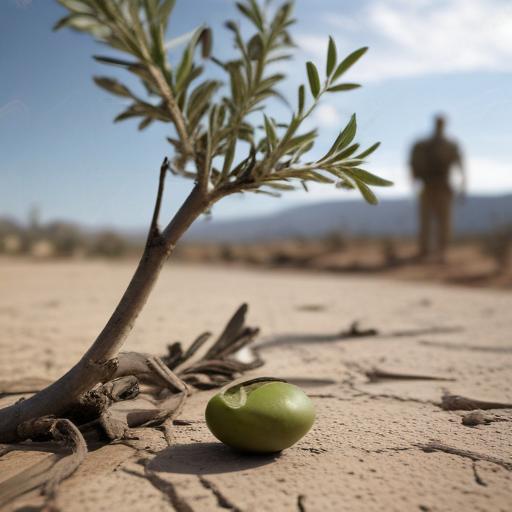The ongoing humanitarian crisis in Gaza, marked by severe food shortages and widespread malnutrition, is attracting increasing scrutiny as tensions escalate between the United States and Hamas. President Donald Trump has taken a hardline stance, asserting that Hamas is primarily responsible for the suffering of the Palestinian population. He indicated that recent ceasefire negotiations were thwarted by Hamas’s unwillingness to reach an agreement, leading to a potential escalation in U.S. military support for Israel to “hunt down” Hamas.
Amid the plight of approximately 2.2 million Gazans, one-third of whom reportedly are going days without food, the U.S. has temporarily suspended its participation in talks in Doha, Qatar, citing Hamas’s bad faith in negotiations. Israeli officials, including Prime Minister Benjamin Netanyahu, have welcomed this American approach and committed to collaboration with the U.S. to eliminate Hamas.
Critics, including aid organizations and UN representatives, have attributed the alarming decline in food access to the blockade imposed by Israel and the impediments faced in distributing aid. Hospitals in Gaza are overwhelmed, reporting increasing fatalities due to starvation, as well as shortages of medical supplies.
To address the urgent humanitarian needs, a new mechanism, the Gaza Humanitarian Foundation (GHF), has been established, which aims to deliver aid at limited sites within military zones, reportedly under the security of U.S. contractors. However, this initiative has been controversial, with the UN and several aid organizations declining to participate, citing concerns over neutrality and access to those in greatest need.
Despite reports of over 80 million meals delivered through the GHF, analysts point out that many individuals are still suffering. The situation remains complicated, as many view the true impasse as rooted in the fundamental mismatch between Hamas’s demands for a comprehensive peace deal and Israel’s strategic objectives.
While the international community, including Qatar and Egypt as mediators, believes progress was made in recent negotiations, the U.S. continues to face criticism for its alignment with Israeli policies during this humanitarian crisis. Trump’s observations regarding the dire conditions in Gaza are said to have influenced his commitment to finding creative solutions through the GHF.
According to former officials, while the U.S. government’s stance on Gaza has been unwavering, the prominent suffering of civilians poses a moral dilemma for politicians, complicating their responses in an already tense environment.
As the situation develops, the hope remains that humanitarian efforts can be amplified and better align with the needs of Gazans, fostering dialogue and promoting peace in a region plagued by conflict.
